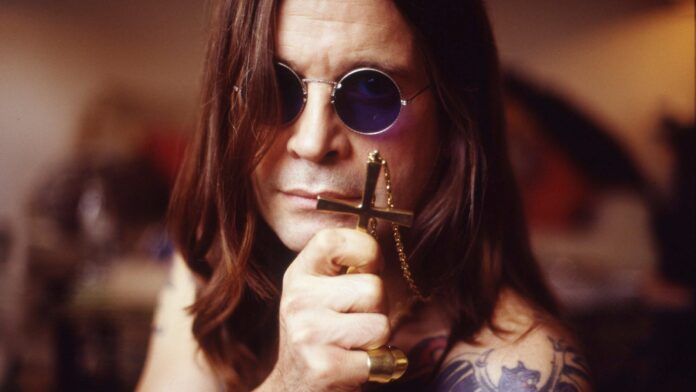Few Western rockers have left as deep a mark on Japan’s music scene and fashion subcultures as Ozzy Osbourne. From his legendary concerts at the Nippon Budokan to subtle echoes of his gothic glam in Tokyo’s Harajuku district, Ozzy’s cultural footprint in Japan goes beyond music — it’s a legacy.
Ozzy’s Historic Budokan Performances
Ozzy Osbourne first performed in Japan with Black Sabbath in the early 1970s, helping introduce heavy metal to Japanese audiences just as the genre was gaining traction globally. However, it was his solo appearances at the Nippon Budokan — one of Tokyo’s most iconic venues — that cemented his status as a rock legend in Japan.
In particular, his 2002 “Live at Budokan” album and DVD brought international attention back to the venue, with standout performances of classics like “Crazy Train” and “No More Tears.” The album charted well and became a fan-favorite, not just in Japan but worldwide. Playing Budokan remains a milestone for any artist — a mark of both popularity and respect — and Ozzy’s repeated shows there placed him in the upper echelon of rock royalty.
Japan’s Passion for Heavy Metal — and Ozzy
Japan’s deep appreciation for heavy metal is no secret. With passionate fans, detailed bootlegs, and entire magazines dedicated to the genre (like Burrn!), Japan has consistently welcomed metal artists with open arms — often more warmly than audiences in their home countries.
Ozzy’s theatrical style, dark aesthetic, and rebellious persona resonated strongly in Japan, where Western rock musicians were treated with reverence. Japanese metal fans appreciated the melodic complexity, visual drama, and raw energy of Ozzy’s performances, mirroring what would later become key traits of Japan’s own visual kei movement.
The Harajuku Connection: Fashion That Echoes the Prince of Darkness
While Ozzy himself is not a fashion designer, his visual legacy—long black coats, crucifix jewelry, round sunglasses, and jet-black hair—has unmistakably influenced Harajuku’s gothic and punk styles. Subcultures like Gothic Lolita and Visual Kei borrowed from glam and metal aesthetics, fusing them with distinctly Japanese design cues.
Bands like X Japan, Versailles, and Dir En Grey have cited Black Sabbath or Ozzy-era influences, not only in music but in their fashion and stage personas. The long-lasting appeal of these bands, often styled like Victorian-era vampires or apocalyptic prophets, reflects a continuation of Ozzy’s theatrical rock legacy.
Ozzy’s Presence in Japanese Media
Though The Osbournes reality show wasn’t officially broadcast on terrestrial Japanese television, it gained a cult following through DVD imports and streaming platforms. The image of the chaotic, foul-mouthed but oddly lovable rocker dad further endeared Ozzy to fans, particularly among younger Japanese viewers curious about Western celebrity culture.
Japanese media coverage of Ozzy has spanned decades, with features in Music Life, Burrn!, and even NHK specials focused on foreign music legends. Ozzy has consistently expressed appreciation for Japanese fans, and they’ve remained loyal, often attending shows in cosplay or brandishing vintage tour shirts.
A Lasting Impact on Japanese Rock and Culture
While newer generations may first encounter Ozzy Osbourne through memes, documentaries, or his cameo in The Osbournes, his influence on Japan’s music landscape is undeniable. His sound helped inspire Japan’s earliest heavy metal and hard rock acts. His look helped shape fashion movements that still turn heads in Harajuku today.
Japan didn’t just welcome Ozzy Osbourne — it celebrated him, reinterpreted him, and embedded him in the cultural fabric. From Budokan stages to the sidewalks of Takeshita Street, his presence is still felt.
Final Thoughts: Japan’s Love Affair with the Prince of Darkness
Ozzy Osbourne may be known globally as the “Godfather of Heavy Metal,” but in Japan, he’s something more — a cultural icon whose impact extends beyond music into fashion, subculture, and identity. As Harajuku fashionistas echo his style and Japanese metal bands carry his musical torch, it’s clear: Japan didn’t just love Ozzy — it made him a part of its story.





